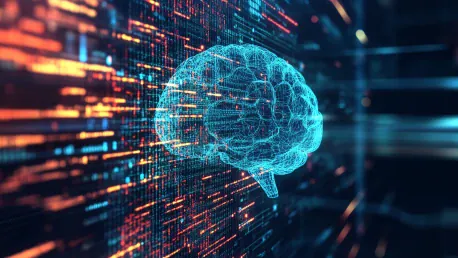
The development of Cogito, a novel AI framework for code generation, marks a significant advancement in the field of artificial intelligence. Spearheaded by researchers at Jilin University and the Hong Kong University of Science and Technology, this framework is inspired by neurobiological

The evolving realm of robotics has witnessed a pioneering development that holds immense promise for revolutionizing stability and reliability in the specialized category of robots known as ballbots. Ballbots, unlike their traditional robot counterparts, boast distinctive mobility advantages,

The focus of this article is on the most transformative technologies and trends in the realms of software and technology as we face the near future. The analysis emphasizes the astonishing advancements propelled by artificial intelligence (AI), agentic AI, quantum computing, brain-computer

The journey into artificial intelligence (AI) often begins with developers applying basic models to unorganized datasets, quickly realizing that the absence of coherent data makes deriving meaningful insights difficult. No matter how sophisticated the algorithm, well-structured data is

The world of cybersecurity is fraught with a constant battle between defenders and attackers, where threat actors inadvertently leave behind traces when setting up and maintaining their cyber attack infrastructure. These reused, rotated, and shared portions of infrastructure can be critical for

In today's fast-paced world, the ability of artificial intelligence (AI) systems to process information as it is received and make informed decisions without substantial delay has become increasingly vital. This article delves into the significance and implementation of real-time adaptation